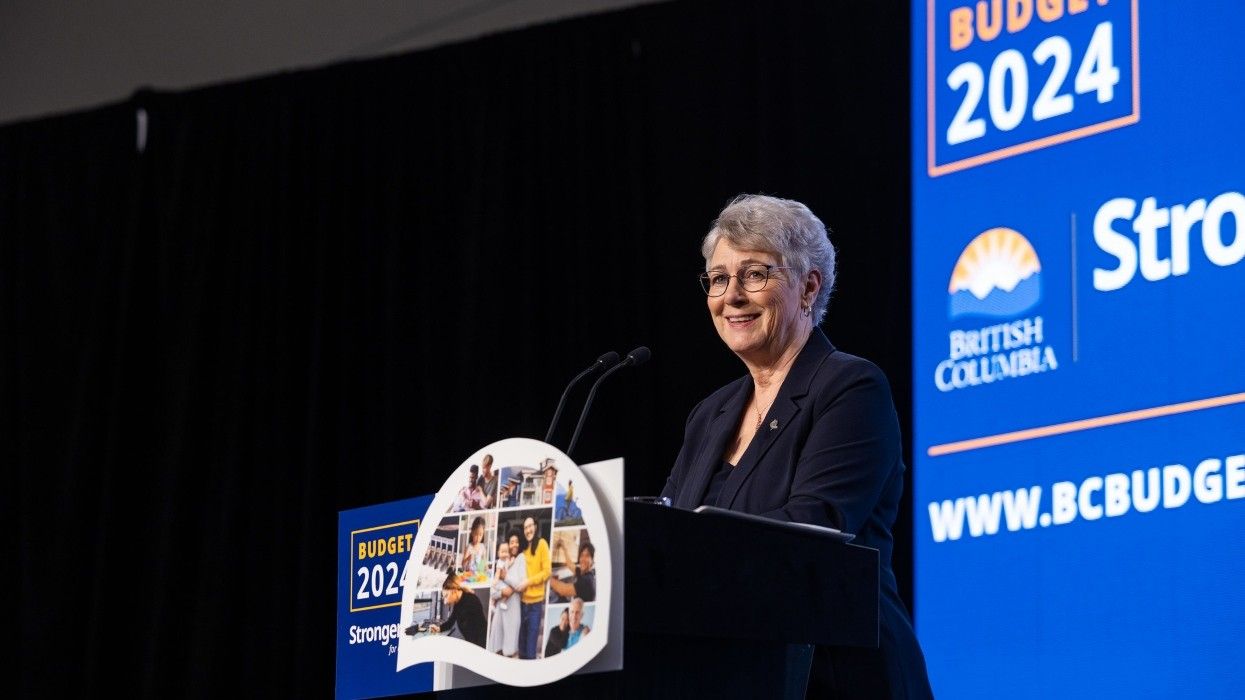On Thursday, the Province of British Columbia and the Ministry of Finance unveiled Budget 2024, which the Province says "provides immediate support while making significant investments to secure a brighter future for people and their families."
That immediate support consists of improvements to existing credits as well as new credits.
For the existing BC Family Benefit (previously called the BC Child Opportunity Benefit), British Columbians who qualify will receive a 25% bonus in 2024, with the Province committing $248M to deliver the benefit to over 340,000 households. According to the Province, the bonus will result in families receiving an average increase of $445.
Additionally, the Province will introduce a new one-time BC Electricity Affordability Credit for both households and businesses. Beginning in April, households can expect to save an average of $100 on their electricity bills in 2024, while businesses can expect to see savings of up to 4.6% of their consumption, amounting to around $400 over the course of the year.
The existing BC Climate Action Tax Credit, funded through BC's Carbon Tax, will also see qualifying households receive increased payments this year. The Province says all of these credits are to help British Columbians mitigate the effects of global inflation.
The bigger changes coming as part of Budget 2024 are as it relates to two taxes — one existing and one new.
The first pertains to Property Transfer Tax, which is currently levied on all real estate transactions in the province, with 1% charged on the first $200,000, 2% charged on the amount greater than $200,000 and up to $2M, and 3% charged on the portion over $2M.
The Province provides an exemption for first-time buyers, but the exemption only goes up to $500,000 for a full exemption. Beginning in April, the Province will raise that thresholds to $835,000. The move is one that industry experts have advocated for, as the threshold was set in 1987 and helps fewer and fewer people each year. Last week, BC's Opposition party BC United said it would raise the threshold to $1M if it was elected.
The new tax to be introduced in 2024 is the Flipping Tax, which was first proposed by David Eby during his election campaign and takes aims at speculators and profiteers, Eby said at the time — a sentiment that was echoed again on Thursday. The BC Flipping Tax will come into effect on January 1, 2025 and be levied on transactions for properties that are sold within two years of the seller buying it. The Province says there will be exemptions for scenarios where the sale is occurring due to reasons such as divorce, death, or relocation for work, with the revenue from the new tax going towards building affordable housing.
Regarding affordable housing, Budget 2024 also commits an additional $198M towards the recently announced BC Builds program, which has the stated goal of building more homes affordable to middle-income households. Additionally, qualifying British Columbians will see the long-awaited Renter Tax Credit this year, introduced with Budget 2023, as residents file their 2023 income taxes.
Outside of housing, Budget 2024 includes notable commitments as it relates to healthcare, including $13B in capital investments over the next three years to support the construction of long-term care, acute care, and cancer care facilities. Additionally, the Province is allocating $68M towards a new program to fund in-vitro fertilization (IVF), for one cycle of treatment and medication. The program will start in April 2025.





















